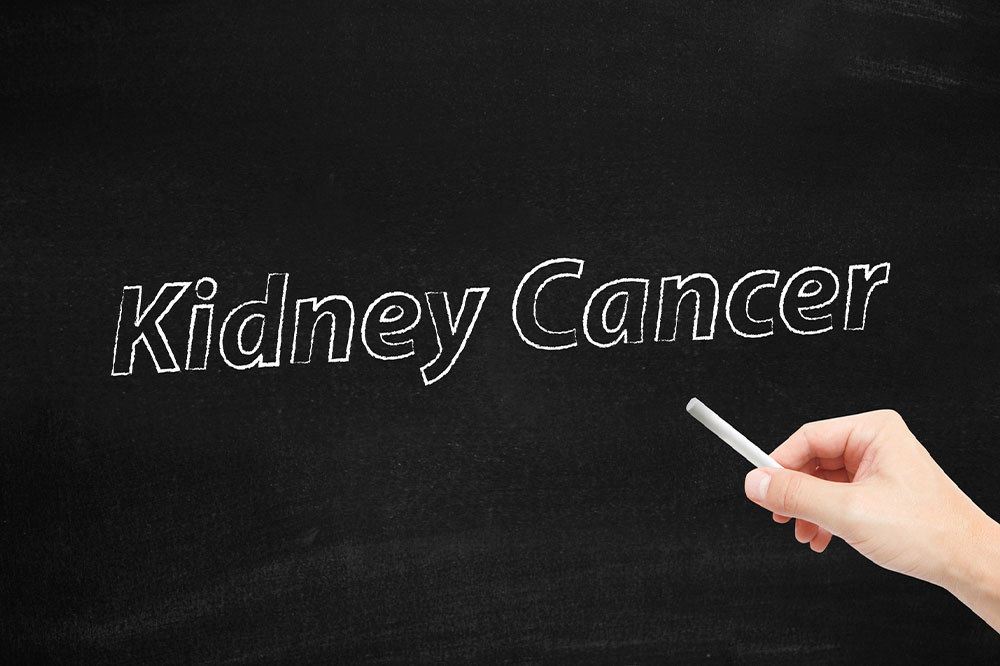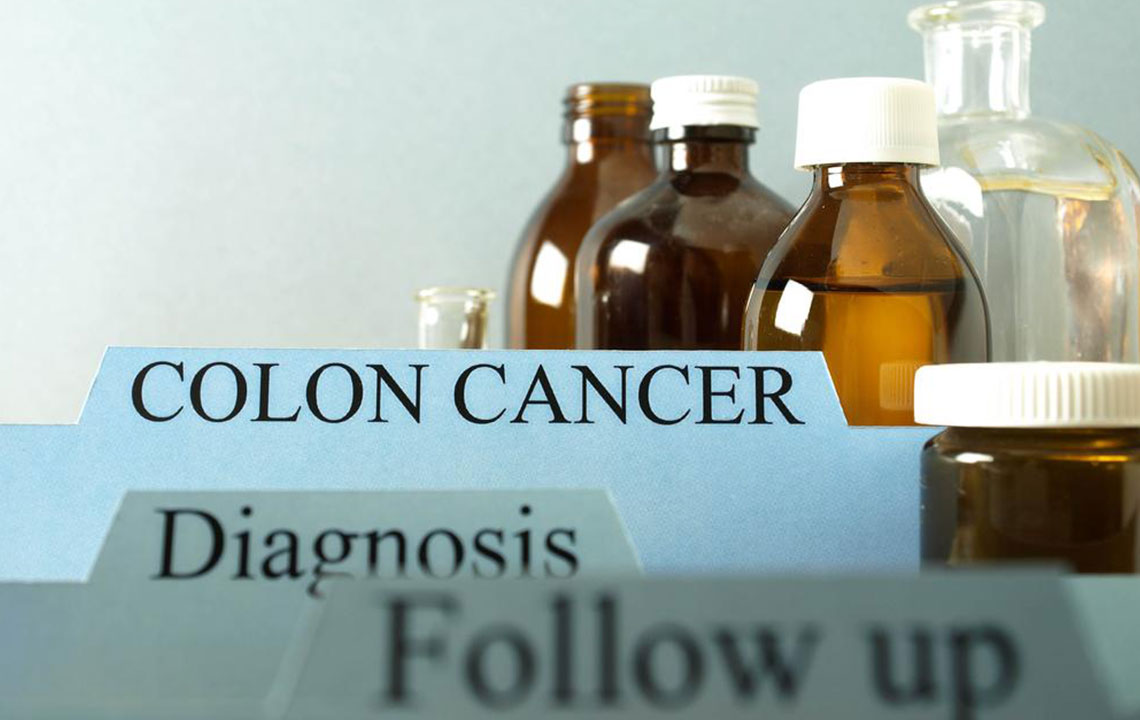Understanding Colorectal Cancer: Symptoms, Diagnosis, and Treatment Options
Discover essential insights into colorectal cancer, including its symptoms, stages, and treatment options. Early detection through regular screening and lifestyle choices can significantly improve outcomes. Learn what signs to watch for and how medical interventions like surgery, chemotherapy, and radiotherapy can effectively manage the disease. This comprehensive overview aims to inform readers about combating colorectal cancer and emphasizes the importance of consulting healthcare professionals for personalized care.

Understanding Colorectal Cancer: Symptoms, Diagnosis, and Treatment Options
Colorectal cancer, a prevalent form of cancer nationwide, originates from the inner lining of the large intestine, including the colon and rectum. Like many cancers, it begins as a benign growth that often goes unnoticed until it enlarges. Typically developing from abnormal polyps inside the intestines, there are two main types:
Inflammatory and hyperplastic polyps, which rarely become cancerous but should be removed if located on the right side of the colon due to increased risk.
Adenomatous polyps, or adenomas, are more prone to becoming malignant or metastatic colorectal cancer.
Developing from dysplastic cells within polyps, colorectal cancer is associated with inflammatory conditions like Crohn’s disease or ulcerative colitis.
Signs and Early Indicators
Detecting symptoms early can help prevent progression to advanced stages.
Changes in bowel movements, such as constipation or diarrhea, abdominal pain, bloating, and fatigue, may indicate other issues but require attention if persistent.
Additional warning signs include:
Blood in stool, appearing dark or bright red
A lump near the rectum or abdomen
Iron deficiency anemia caused by blood loss
If these symptoms last over three weeks, consulting a healthcare professional is essential.
Colorectal Cancer Stages
Understanding the stage helps determine the extent of disease spread:
Stage 0: Cancer is confined to the innermost lining of the colon.
Stage 1: The malignancy has penetrated the third layer but remains within the colon wall.
Stage 2: Tumor has expanded through the muscular wall without involving lymph nodes.
Stage 3: Cancer has spread to nearby lymph nodes.
Stage 4: The disease metastasizes to other organs like the liver, lungs, or stomach.
Treatment Strategies
Early stages are often treatable with surgery, while advanced cancer requires comprehensive approaches:
Surgery: Removing tumors and affected lymph nodes, possibly including the rectum, with a colostomy if needed.
Chemotherapy: Utilizing drugs to target and destroy malignant cells, often shrinking tumors. Side effects include nausea, hair loss, and weakened immunity. Targeted medications such as Erbitux or Cyramza may be prescribed.
Radiation therapy: High-energy beams eliminate cancer cells, particularly effective in rectal cancer, with fewer side effects than chemotherapy.
Ablation: Rarely used alone but helpful in reducing tumor size via cryosurgery or radiofrequency ablation guided by imaging techniques.
Choosing the right treatment requires consultation with an oncologist. Recovery depends on cancer stage, overall health, and any complications like bowel blockage. Routine screenings, balanced nutrition, and active lifestyles play vital roles in prevention. This disease affects men and women equally, with higher incidence after age 50. Regular health checks and symptom monitoring are crucial for timely intervention.










